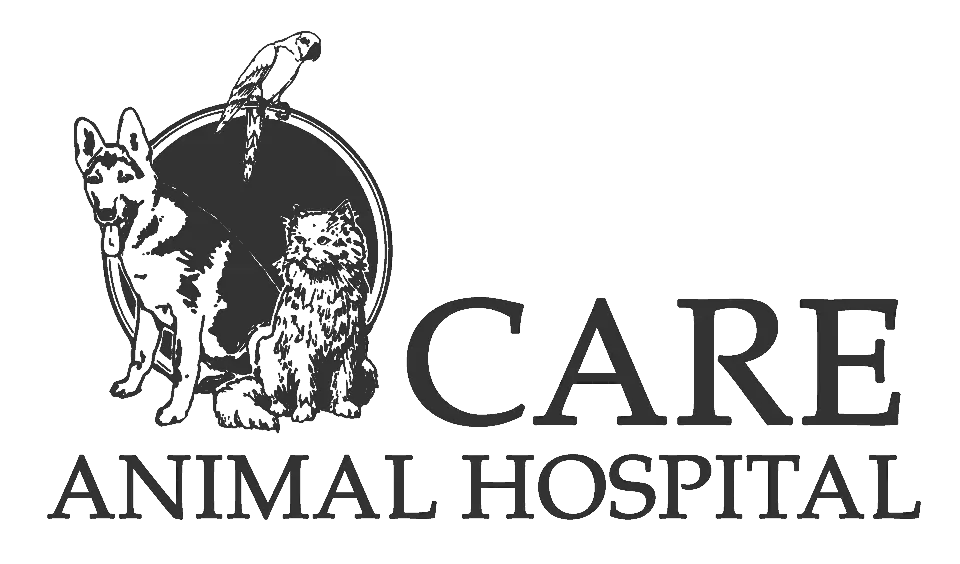Dental health and well-being are something that is often overlooked by owners who are fairly new to pet parenting. Nevertheless, pet oral health is something that should be a priority. Your pet is just as reliant on her teeth as you are on yours, and as her human, it is your responsibility to do everything that you can to ensure that her teeth and mouth are as healthy as possible.

Contents
Why is pet oral health important?
Most of us know the agony of a toothache. Preventing dental discomfort is just one reason for supporting your pet’s oral health, but there are several more.
One of the biggest threats to the health of her teeth is periodontal disease. Just like the human version of the condition, periodontal disease is an inflammatory oral problem that occurs when plaque that has accumulated alongside the gums begins to irritate and eventually infect them. When this happens, the health and viability of the gums and jaw bone are affected, and along with pain and other unpleasant symptoms, tooth loss can occur. Unfortunately, around a third of cats and dogs will develop periodontal disease in their lifetime.
Unfortunately, the effects of periodontal disease don’t stop there either. The condition has also been shown to contribute to the development of other, serious health problems including pet diabetes, cardiovascular disease, and even cancer.
Cavities in cats and dogs are extremely rare thanks to their low-carbohydrate diet. This is because it is the interaction between carbohydrates and the bacteria in your mouth that causes decay. Nevertheless, plaque and tartar can still affect your pet.
If your pet is suffering from tartar build-up that cannot be managed by brushing alone, we may suggest that your pet follows a diet for better oral health.
What should my pet eat for better oral health?
If we recommend that your pet goes on a dental diet, you will be given specific information about what your pet should eat. Fortunately, many manufacturers have now realized that dental diet recommendations are quite common and have designed foods specifically with oral health in mind. While these manufactured foods are nutritionally balanced as well as containing nutrients designed to support oral health, it is important to recognize that not all animal’s needs can be met with this diet plan, particularly if your pet has a medical condition. If your pet is a puppy, of senior age, or currently has medical problems, you will need to consult with our vet to ensure she is getting all the nutrients she needs.
When it comes to looking at manufactured foods, we recommend that you seek out products that have the seal of approval from the Veterinary Oral Health Council (VOHC). Products with this seal have been shown to pass the stringent requirements of the council, that show that they have the capabilities of reducing plaque and tartar in the animals that consume them.
Maintaining a low-carbohydrate diet is also important for reducing the amount of plaque that develops on your pet’s teeth. For this reason, we may recommend that you eliminate or significantly reduce the amount of starchy, dry kibble you feed your pet.
What if I don’t want to use manufactured pet food?
Many conscientious pet owners are making the decision to move away from manufactured foods, if not completely then at least for part of the week. If you would prefer to do this, you need to make sure that your pet’s diet is still nutritionally-balanced. However, in terms of her oral health, we recommend that you follow a raw diet with plenty of raw, meaty bones. These contain enzymes that are helpful in breaking down plaque and tartar.
The use of dental treats
In addition to her regular diet, you may also want to provide your pet with dental treats. Again, these are manufactured and contain ingredients that are shown to improve oral health. The chewing action also stimulates the production of saliva, which is your pet’s natural defense against plaque and tartar.
A dental diet, combined with daily tooth brushing and regular check-ups with our veterinarian, can help to ensure that your pet’s teeth remain healthy and functional for as long as possible. For further advice, call Care Animal Hospital today at 951-676-4690.
